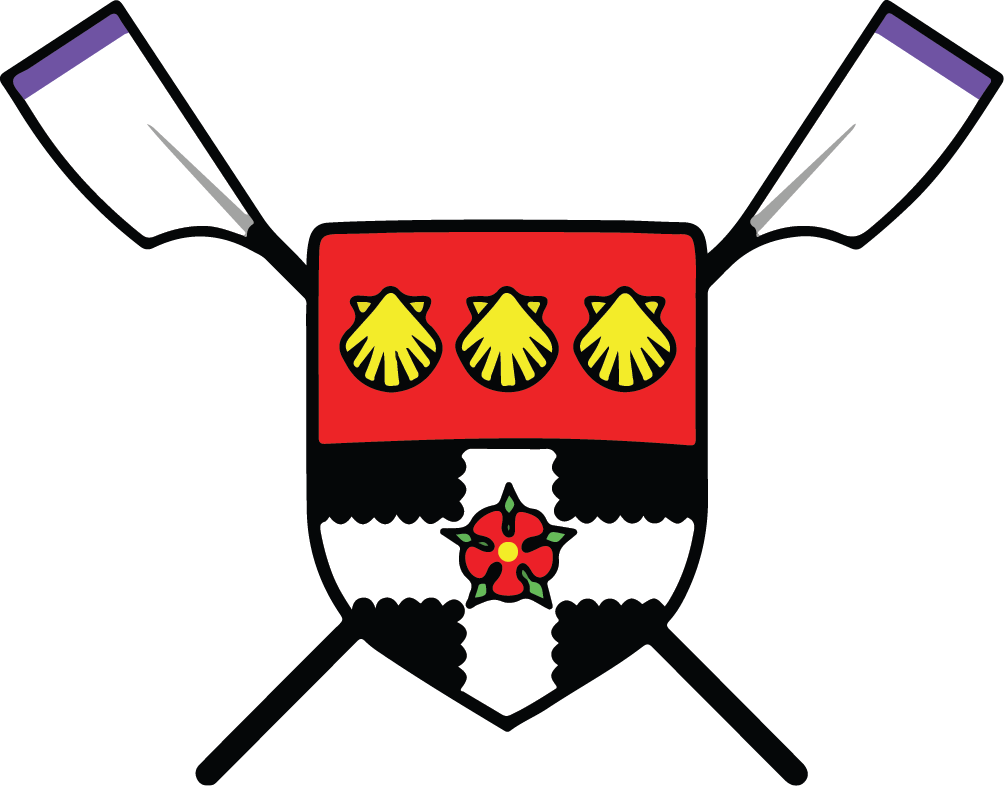LGBTQ+ History Month- a sporting insight by Izzy Lancaster
Why?
LGBTQ+ History Month is a recognition of the barriers that have been overcome by members of the LGBTQ+ community. It looks back into the past when it wasn’t as easy for athletes to be themselves. LGBTQ+ representation is very important in order to educate and highlight the challenges queer people have to face on a day-to-day basis, especially in sport. A lack of role models can lead to homophobia and insufficient education.
Sport plays a prominent part in our society and is heavily featured in the public eye. This feature creates a platform for athletes to demonstrate their values- serve as positive role models, especially for younger athletes to aspire to. Looking at young football fans, the names Rapinoe and Bronze are written on the backs of their shirts alongside Mbappé and Haaland. Even just ten years ago, the names of queer people were not publicised quite like they are today.
For those who may feel like they are ‘different’ it can be hard to picture themselves as a big name in their sport without representation or the presence of other role models preceding them. There is only a handful of UK LGBTQ+ professional athletes in the media. LGBTQ+ History Month focuses on highlighting inspirational individuals who have positively impacted LGBTQ+ people's lives and have given young queer athletes someone to aspire to.
Some may argue that LGBTQ+ History Month is unnecessary; however, it highlights the harsh realities that LGBTQ+ people still experience today. The FIFA World Cup is a much loved and highly spectated event, with over 1 million spectators having attended the men’s football World Cup in Qatar in 2022. Qatar is a place that criminalises homosexuality. Having held the world cup there risked the safety of athletes and fans and also prevented the promotion of diversity. For instance, FIFA did not allow Harry Kane to wear a ‘One Love’ armband in the match against Iran, which is a common LGBTQ+ slogan.
This emphasises the importance of education in this area, as it impacts so many people in their day to day lives in forms of restrictions, fear of abuse and lack of safety within their surroundings. While LGBTQ+ History Month is a reflection of the past, it is important to note that the following stories and events have paved the way for the world in which we live today.
LGBTQ+ UK professional athletes
- Lauren Rowles MBE- Two-time World, European and Paralympic Rowing Champion. A great advocate for LGBTQ+ and disability inclusion within sport. She is a ‘Just like us’ ambassador and uses her large social media platforms to promote this LGBTQ+ young people's charity.
- Nicola Adams- Was the first woman to win an Olympic boxing gold medal and the most influential LGBTQ+ person in Britain in 2012.
- Tom Daley- Has participated in 5 Olympic games, and has won 1 Gold, 1 Silver and 3 Bronze medals. He is now retired and shares his family life with his husband and children on social media, advocating for LGBTQ+ inclusion in sport.
The London Otters rowing club
It is the only LGBTQ+ rowing club in the UK, located at the Royal Docks Water Sports Centre in London. The club has established a community for LGBTQ+ rowers who seek to train with like-minded individuals and to feel welcomed and included in all aspects of the sport. They are great advocates for diversifying rowing by creating sporting initiatives to promote their values. They also run the ‘Rainbow Races’ which are events inspired by the Stonewall’s Rainbow Laces campaign, to support LGBTQ+ inclusion in rowing. Since the running of the first races, the participants have been from a variety of clubs, not just the London Otters, including Saskia Budgett Delray.


